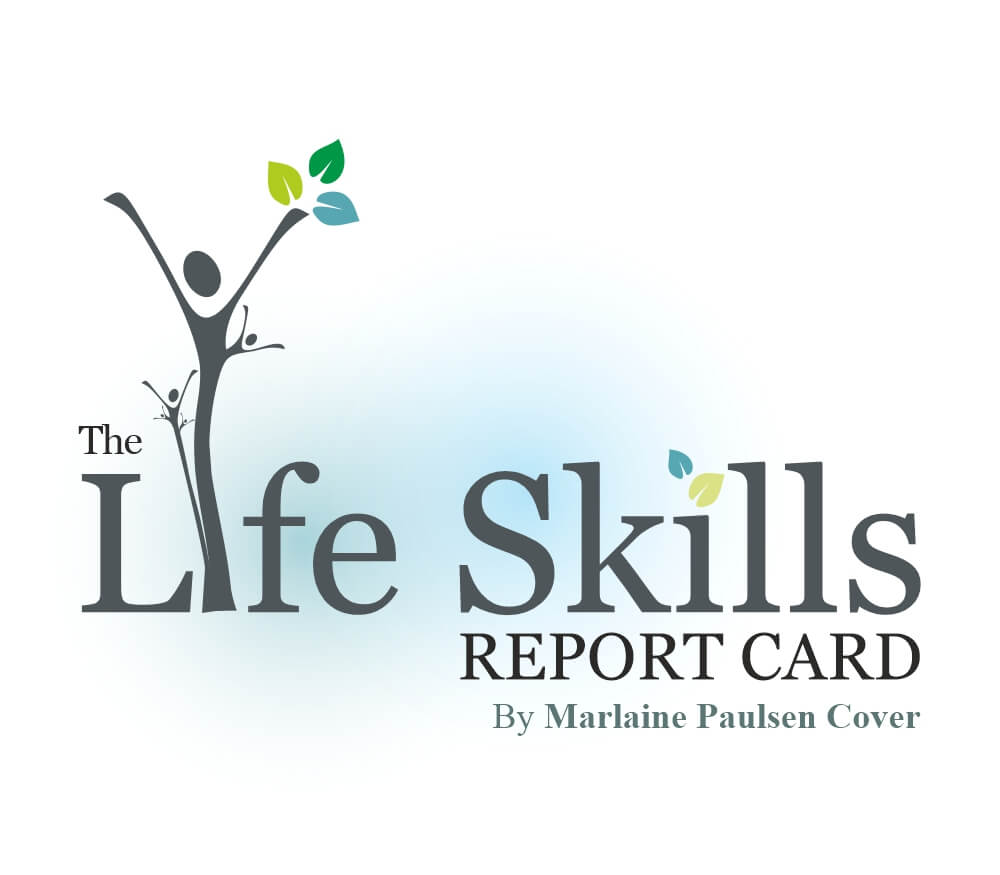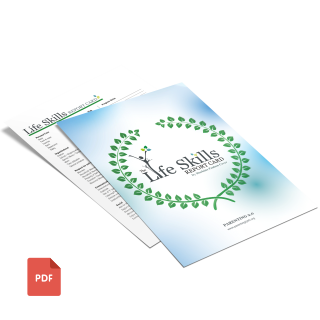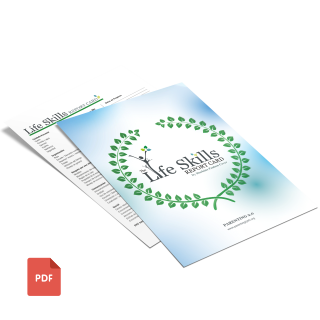
Life Skills are used every day of your life throughout the entirety of your life.
Important? Yes!
Adults around the globe routinely embrace professional guidance when learning academics, sports and music – at every age. Barring crises, however, the high bar of education for Life Skills is frequently “role modeling” – by parents rarely formally educated themselves.
The Life Skills Report Card (LSRC) supports a closer view of Life Skills and invites discussion regarding the benefits of a more dynamic educational process.
The question is not
“Will you learn Life Skills?”
Simply “How well?“
Worth improving at any age?
Yes!!
Click on Green Tab below to begin!
Raising the Bar: The Life Skills Report Card raises the bar on 21st century Life Skills education by equipping all persons with a quantitative tool for assessing current Life Skill competencies and tracking progress towards desired goals. Just as academic report cards vary between cultures and age groups, so too will Life Skills Report Cards. We share an example here and invite you to personalize. We welcome also your translations!
Description: The Life Skills Report Card (LSRC) has five main categories – representing skills learned in some measure by every human being: Personal Care, Organizational Skills, Respect for Self and Others, Communication, and Social Skills. Each category has six subcategories. Subcategories are optimal to personalize according to your goals and interests. A numerical scale (one being the lowest – five the highest) provides an easy way to chart progress.
Transition Times: Categories and sub-categories on the LSRC provided here are fairly self explanatory with one possible exception – Transition Times. Transition Times refer simply to those hours when anyone in the family is leaving or arriving home. Showing extra sensitivity during Transition Times, and avoiding bringing up non-urgent requests or hot topics until family members are settled, restores an enormous amount of peace and harmony to busy homes.
How do I use the Life Skills Report Card with Children? Update your Life Skills Report Cards on a timetable comparable to academic report cards. Every three or four months, print out a copy of a new report card and ask kids to grade themselves. Complete your own copy, then compare your results. This lets you see where your expectations differ from theirs and future energies are best focused. Invite their suggestions when deciding on steps for improvement.
That which you focus on will flourish. It is said it takes seven compliments to counter the impact of one criticism so….remember to spend the bulk of your review time discussing positives, and limit the areas you select for improvement. Failure is not the opposite of success, it is the soil of success. Willingness to error essential courage for every learning curve. Praise the journey: “I am learning, you are learning, we are learning.”
Every human being is unique: Just as some human beings are naturally better at math or music than others, so too will some initially be naturally better at certain Life Skills. Good news is everyone can raise their competencies at any age and benefit enormously. Compare yourself only to your prior self.


